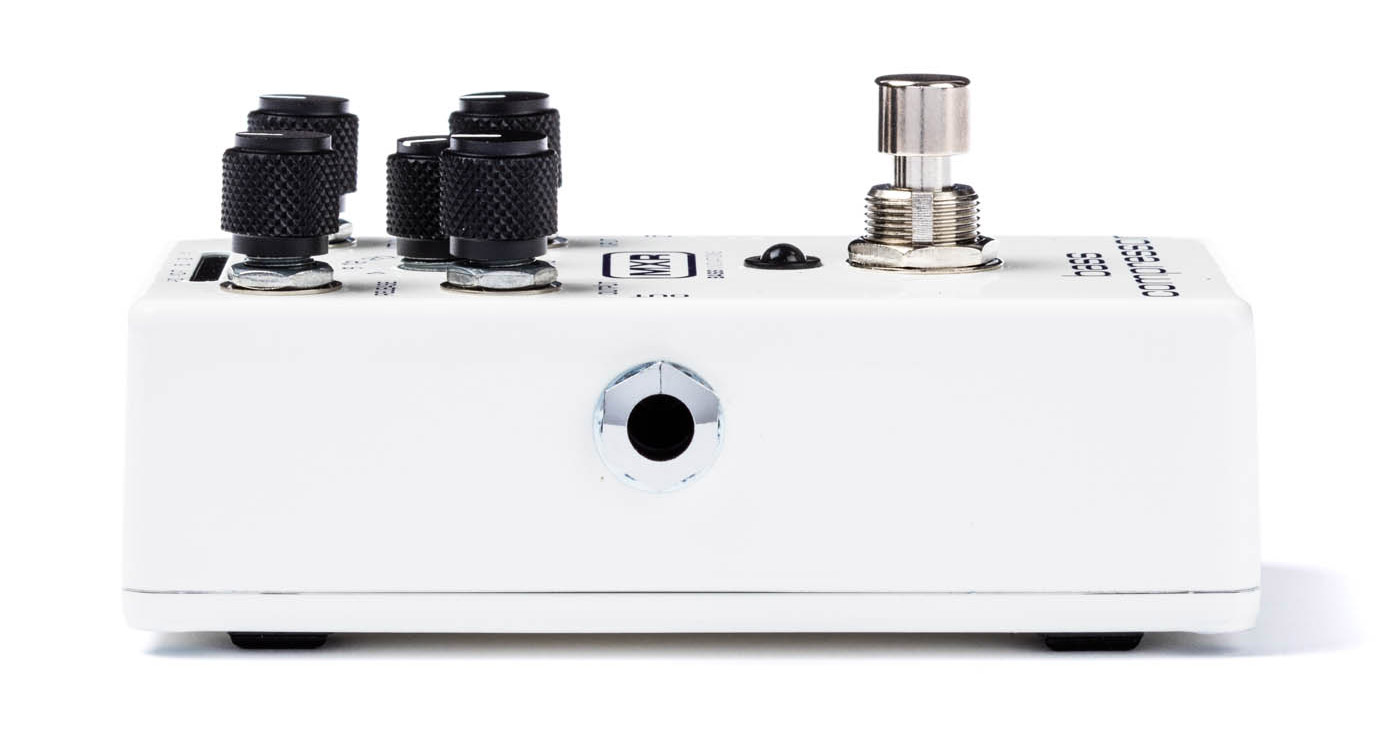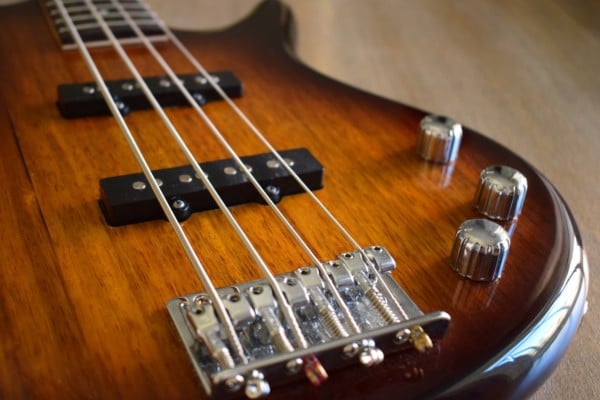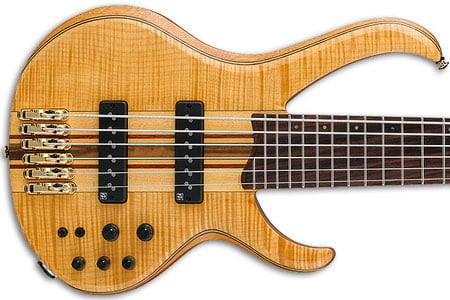Should I Use A Compressor with My Bass?

Q: I wanted to ask about running a compressor, as everyone seems to suggest how beneficial it is for the instrument. I like how it tightens up the low end and brings up latent harmonic content in my otherwise quite dull sounding bass. However, I mainly play jazz and I realize that I might be missing out on the subtler dynamics so important to jazz music. One last thing: I notice that it is seemingly having a bad influence on my plucking technique, as I feel I am losing the natural “compressed” attack I spent years on developing when I play without mine. What’s your take on the issue? Should I try once again to set it properly or just ditch the thing?
A: I’ve experimented with compressors in live settings, after hearing what a difference they can make in-studio mixing sessions. I didn’t find them to be nearly as useful in live settings, personally. Now, you have to consider that I also never slap. I’m exclusively a finger-style player. I’m addressing your specific scenario here while keeping in mind, one size does not fit all.
A compressor’s job is really just to make the quieter sounds louder and the louder sounds quieter, which is why compression can be a huge boon for slap style players as they can really help to even out the sound (i.e.: maintain a thick punchy thumb sound while also making the pops really pop).
Personally, as I’m also primarily a jazz player, I would think that you might want to maintain more dynamic control over your sound. Just as most jazz musicians don’t want a front-of-house engineer riding faders during solos (so they can maintain dynamic control from the stage), I realized that I didn’t like having my compressor dictating my dynamics.
That said, there are quite a few quality compressor pedals on the market, and in certain settings, I can imagine engaging the compressor for certain sections (possibly one in which you may be using other effects like an octave or envelope.) I could envision chaining a compressor in with other effects to help you maintain a dynamic consistency while changing your sound, but for purely finger-style playing in a jazz setting, I wouldn’t consider it much of a necessity.
If you like the way it helps tighten up the low end, I’d spend the time to get to know your compression settings and explore how they impact your sound and playing. Personally though, I would put the focus on your technique and playing style and strive for having as much personal control over your sound before defaulting to studio type effects.
Have a question for Damian Erskine? Send it to [email protected]. Check out Damian’s instructional books, Right Hand Drive and The Improviser’s Path.



